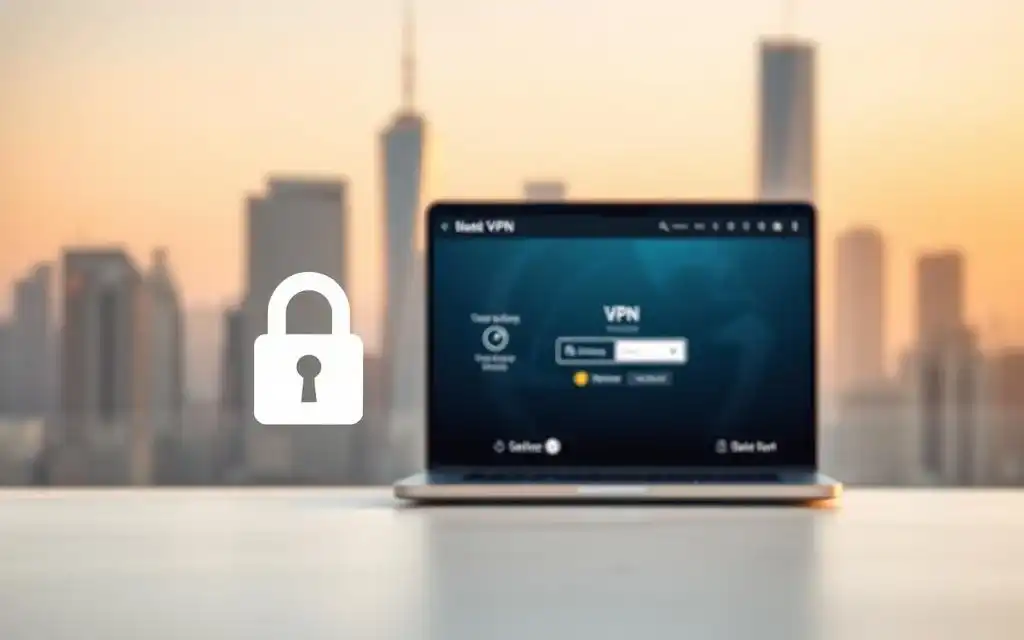Why Is VPN Adoption Growing Globally? Trends and Drivers The question many users, businesses, and policymakers are asking today is simple: why is vpn adoption growing globally? The short answer is that the modern internet has become more fragmented, commercialized, and risk-prone—while people’s lives are more digital than ever. As privacy threats, geo-restrictions, and hybrid work converge, Virtual Private Networks (VPNs) have evolved from niche tools into mainstream, must-have utilities for privacy, security, and access. Below, we unpack the long-term trends and drivers behind this growth, and what they mean for users in every region. The New Privacy Imperative The explosion of data exposure and pervasive tracking Over the last decade, data collection has become the web’s default setting. Ad tech, data brokers, and third-party trackers compile detailed behavioral profiles. Many users now realize that every website visit, app launch, or Wi‑Fi session can be mapped into a mosaic of their identity, interests, and habits. That shift has created a growing appetite for tools that minimize data leakage—VPNs are a foundational layer in that personal privacy stack. While a VPN doesn’t make you invisible, it does encrypt your traffic and mask your IP address, reducing easy profiling and passive surveillance. Combined with privacy-focused browsers, tracker blockers, and secure DNS, VPNs help users regain control over who sees their traffic and from where it appears to originate. Crucially, the privacy imperative is not a fad. It’s rooted in durable forces: more devices, more logins, and more third-party integrations across everyday tools. As people connect smart TVs, cars, and IoT gadgets, they’re recognizing the value in a single, network-level privacy shield that travels with them: their VPN. Government surveillance and censorship worries In many countries, state-level surveillance and content filtering are intensifying. From news sites to social platforms, access can be throttled, blocked, or logged. For journalists, activists, and ordinary citizens alike, VPNs offer a safeguarded path to information and communication. VPN adoption grows fastest when information access and personal safety intersect. In regions where censorship is rising, VPNs function as a security lifeline, enabling encrypted access to blocked services and more secure communications. And even in democracies, users are increasingly wary of de jure and de facto surveillance—including mass data retention, broad legal intercept powers, and device searches at borders—driving them toward privacy-enhancing technologies. The outcome is clear: privacy is no longer a niche concern. It’s a mainstream expectation and a practical necessity, especially where legal protections lag behind technological realities. Work, Study, and Life Have Moved Online Remote/hybrid work and BYOD make VPNs routine Once a tool reserved for IT departments, VPNs are now standard across remote and hybrid workforces. Companies rely on VPNs to protect access to internal systems, while employees use them to secure BYOD (Bring Your Own Device) laptops and phones. This corporate-normalized usage spills over into personal life, where users keep VPNs on for continuity and peace of mind. For small businesses and freelancers, VPNs provide an accessible way to bolster client data protection and comply with contractual security requirements. As more knowledge work occurs in the cloud, businesses value VPNs as part of broader Zero Trust and SASE (Secure Access Service Edge) strategies, segmenting and encrypting access by identity and device posture. Education has followed suit. Students attending classes, submitting assignments, and collaborating from home can benefit from VPNs that guard against ISP throttling, insecure Wi‑Fi, and data snooping—particularly when studying abroad or traveling. Public Wi‑Fi, travel, and the mobile-first lifestyle Coffee shops, airports, conferences, and co-working spaces are ubiquitous—and so are open Wi‑Fi networks. VPNs mitigate risks like rogue hotspots, ARP spoofing, and unencrypted traffic interception, helping ensure your banking session, email, or file sync isn’t exposed to nearby bad actors. Travelers additionally face inconsistent content availability and higher exposure to surveillance. A VPN provides a measure of continuity and safety by encrypting traffic and offering location flexibility for critical services that rely on stable regional access. Add the mobile-first reality: smartphones are the primary internet device in many markets. With a VPN running on mobile, users get always-on encryption for apps quietly syncing data in the background—and better protection against mobile ad tech and trackers that otherwise trail you across apps and networks. Content Access and Digital Borders Streaming platforms, sports rights, and geo-restrictions The modern content economy is full of regional licensing. Shows and sports rights vary by country, leading to a patchwork of availability and release schedules. Users naturally seek consistent access to the content they pay for while traveling or living abroad. VPNs help reclaim that continuity by letting travelers access services as if they were at home, minimizing disruptions during trips or relocations. While every platform’s terms vary, the demand signal is consistent: people want cross-border digital portability akin to their physical mobility. As streaming fragmentation grows, some users also rely on VPNs for bandwidth stability or to navigate ISP throttling during peak times. The result is steady demand from the entertainment segment—one of the earliest mainstream drivers of VPN growth and still a persistent one. Gaming, pricing, and digital marketplaces Gamers use VPNs to protect against DDoS attacks, reduce ping on certain routes, and access early releases or servers. VPNs can also help avoid ISP policies that deprioritize gaming traffic, improving stability during competitive play. Beyond gaming, users increasingly notice dynamic pricing across flights, hotels, and digital goods. While many factors influence pricing, some consumers use VPNs to compare offers across regions or avoid discriminatory pricing patterns. The broader theme is agency: VPN users seek more control over how they appear online to corporations and marketplaces. This control extends to digital marketplaces and app stores, where content availability, promotions, and payment options can differ significantly by location. A VPN offers flexibility—and in some cases, a fairer experience—when crossing these digital borders. Technology Matures: Faster, Easier, Safer Speed breakthroughs: WireGuard and modern protocols Early VPNs had a reputation for slowdowns. That changed with WireGuard and other modern protocols (e.g., IKEv2/IPSec optimizations, provider-specific protocols like Lightway). These innovations deliver





